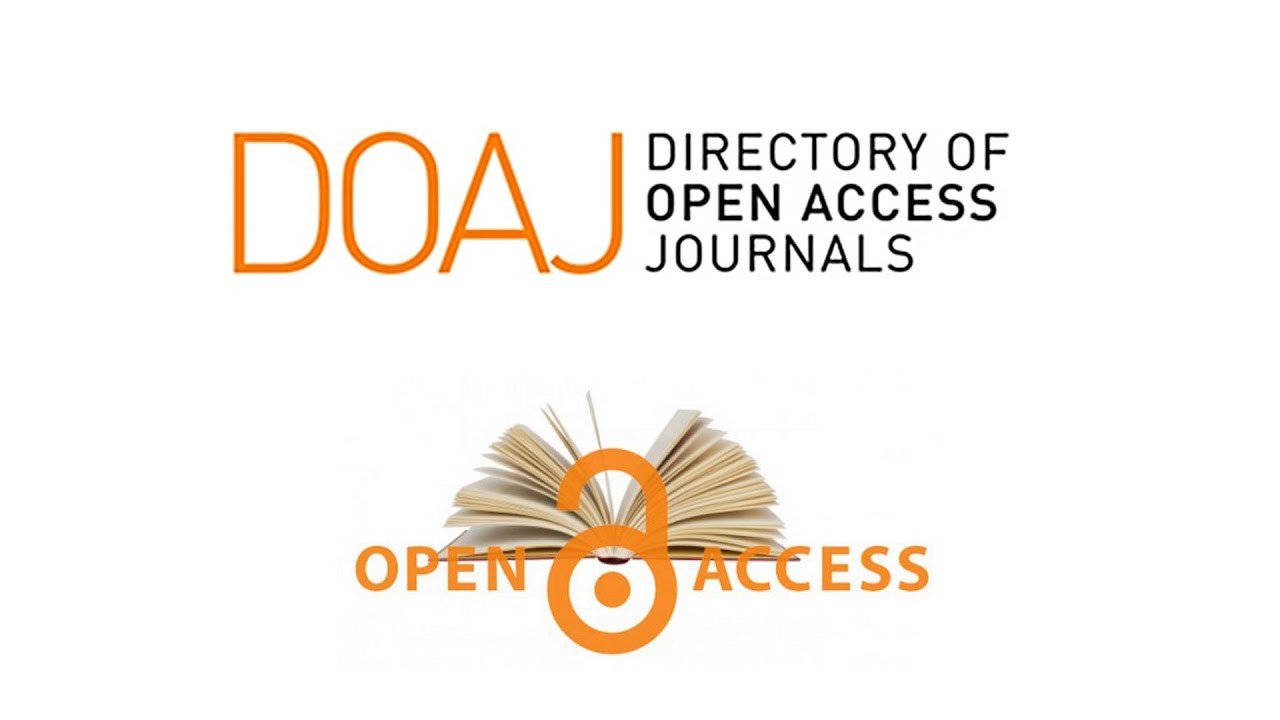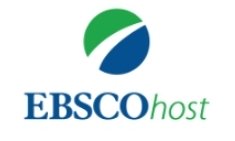The life cycle of cartilaginous species: Gymnura altavela (Linnaeus® 1758) (Gymnuridae) in Syrian marine water
DOI:
https://doi.org/10.58629/ijaq.v10i2.205Abstract
This study was performed on the Gymnura altavela (Linnaeus, 1758), during the period between July 2011- June 2012, in the Syrian coast. A total of 58 examined samples (26 males and 32 females) showed that the size which female start maturation at 701 mm of disk width (DW), while the males start maturation at 682 mm. Females were always larger than males, the largest female and male were 1342 mm, 893 mm (DW), and the total weigh were (20170 g, 5071 g) respectively. G. altavela is a non-placental ovoviviparous species. The female has two ovaries, the left one is active, and the right one is atrophic. Female gestate the embryos in two uteri. Gestation could continue 9-12 months. Ovulation occurs at end of summer and at beginning of autumn, parturition occurs at end of spring and beginning of summer. One reproductive cycle occurs per year. Average of disk width and weight of fully-developed fetuses were 290 mm and 246 g. respectively. Fecundity ranges one to four newborns per litter, embryos and fetuses are symmetrically distributed in two uteruses, with increasing to left one, the ratio was 1:1.2, average of uterine fecundity was (3), average of ovarian fecundity was (6.3).Metrics
Metrics Loading ...
Downloads
Published
05-03-2022
How to Cite
ALKUSAIRY, H. H., SAAD, A. A. ., & ALI, M. F. . (2022). The life cycle of cartilaginous species: Gymnura altavela (Linnaeus® 1758) (Gymnuridae) in Syrian marine water. Iraqi Journal of Aquaculture, 10(2), 123–140. https://doi.org/10.58629/ijaq.v10i2.205
Issue
Section
Articles
License
Copyright (c) 2013 Iraqi Journal of Aquaculture

This work is licensed under a Creative Commons Attribution 4.0 International License.










